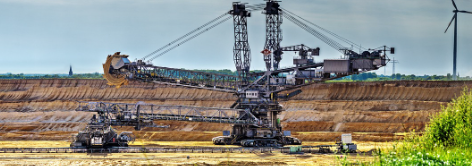#DemocraticRepublicofCongo #CopperMines #CobaltMines #EnvironmentalPollution #ToxicWater #PublicHealth #RAID #AfricanResourcesWatch
In a recent study that illuminates the escalating environmental and public health crises in the Democratic Republic of Congo (DRC), scientists from the University of Lubumbashi have uncovered alarming levels of water toxicity in regions surrounding some of the nation’s largest copper and cobalt mines. These findings stem from water tests conducted on four rivers this month, located in proximity to significant mining operations.
The research, commissioned by the UK-based corporate watchdog Rights and Accountability in Development (RAID) and Congo’s own African Resources Watch (Afrewatch), revealed that the rivers tested were either “hyper-acidic” or “very acidic.” This level of acidity in water is a clear indicator of severe pollution, likely stemming from the mining activities. Acidic water poses substantial risks to the environment, aquatic life, and public health, laying the groundwork for a multitude of health problems among local populations.
The environmental degradation and health hazards exemplified by this study highlight a complex issue at the intersection of industrial activity and community well-being in the DRC. The country, rich in valuable minerals like copper and cobalt, essential for modern electronics and batteries, faces the challenge of balancing economic benefits from mining operations with the environmental and health impacts on its citizens.
This discovery calls for immediate attention and action from both the Congolese government and the international community. The report by RAID and Afrewatch not only sheds light on the severity of water pollution near mining areas but also serves as a catalyst for advocating for stricter environmental regulations, better mining practices, and comprehensive health services to address the consequences faced by affected communities.
The findings underscore the urgency of implementing sustainable mining practices that protect the environment and public health, ensuring the long-term welfare of the DRC’s ecosystems and its people.







Comments are closed.